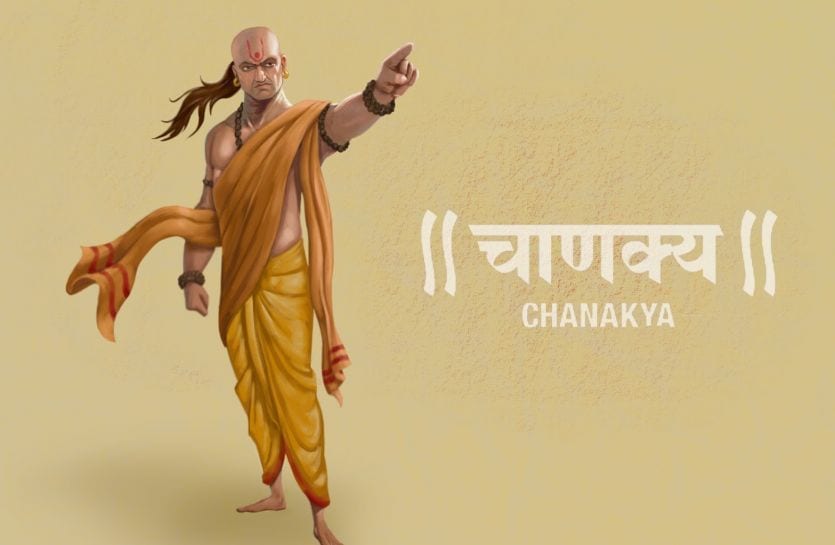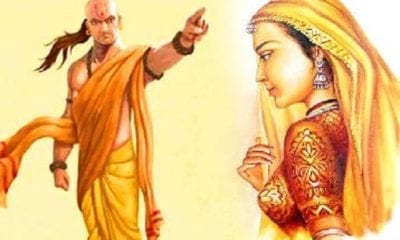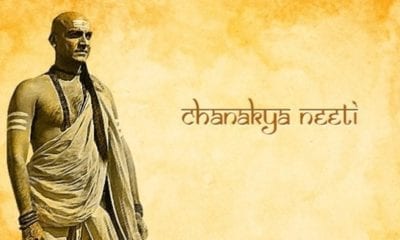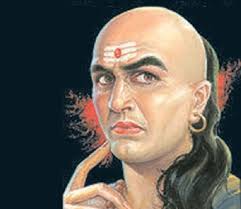Chanakya Neeti
Chanakya Philosophy on Marriage!!!

Chanakya or Kautilya was the famous Indian economist, philosopher, author, advisor, and a teacher during the reign of Chandragupta Maurya.
Chanakya’s famous Arthasashtra (Economics) sets out the foundations of how to establish an organized empire in the Mauryan period. Chanakya Neeti was not restricted to the political and royal periphery. The great philosopher also laid out many principles and guidelines for marriages at his time.
Let’s check out different types of marriages at his time. Marriages were classified into 8 categories.
- Brahmya – Brahmya kind of marriage occurs when a father gives away his daughter in full consent.
- Prajapatya – This kind of marriage involves the conjoint performance of holy obligations performed by the groom and the bride without the prior consent of the bride’s father.
- Aarsha – A marriage accomplished and legalized by the groom when he presents two cows to the bride’s father in exchange for getting the bride was called an Aarsha marriage.
- Daiva –When a father gives away his daughter to the officiating priest, then it is considered as Daiva Vivah.
- Gandharva – The secret marriage between the groom and bride without anyone’s permission or knowledge or witness was called Gandharva Vivah.
- Asura – When a father gives away his daughter in exchange for a price, then it was known as Asura Vivah.
- Rakshasha – A marriage performed after the bride has been abducted and without her consent was referred to as Rakshasha Vivah.
- Paisacha – If a marriage performed after the bride was intoxicated/poisoned/ while she is sleeping, it was considered as Paisacha Vivah.
The first four kinds of marriages were considered legal and sacred while the last four are considered illegal.
Also, there was no provision of claiming a divorce for marriages in the first four categories. However, in case of last four types of marriage, a divorce could be claimed on the basis of mutual hatred.
Further, a spouse could not claim a divorce on the basis of unilateral hatred, therefore if either of them was not ready to end the marriage, divorce was ruled out.


































